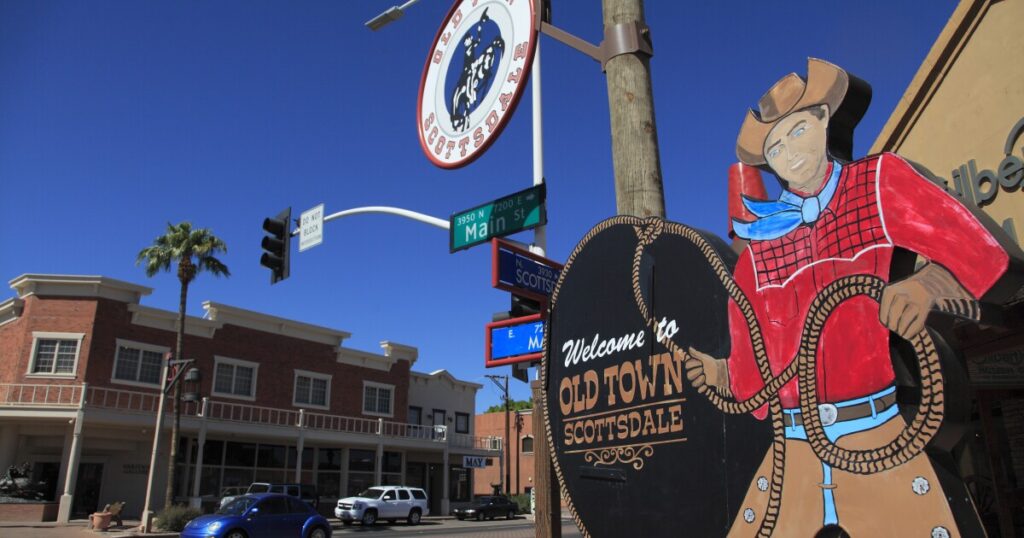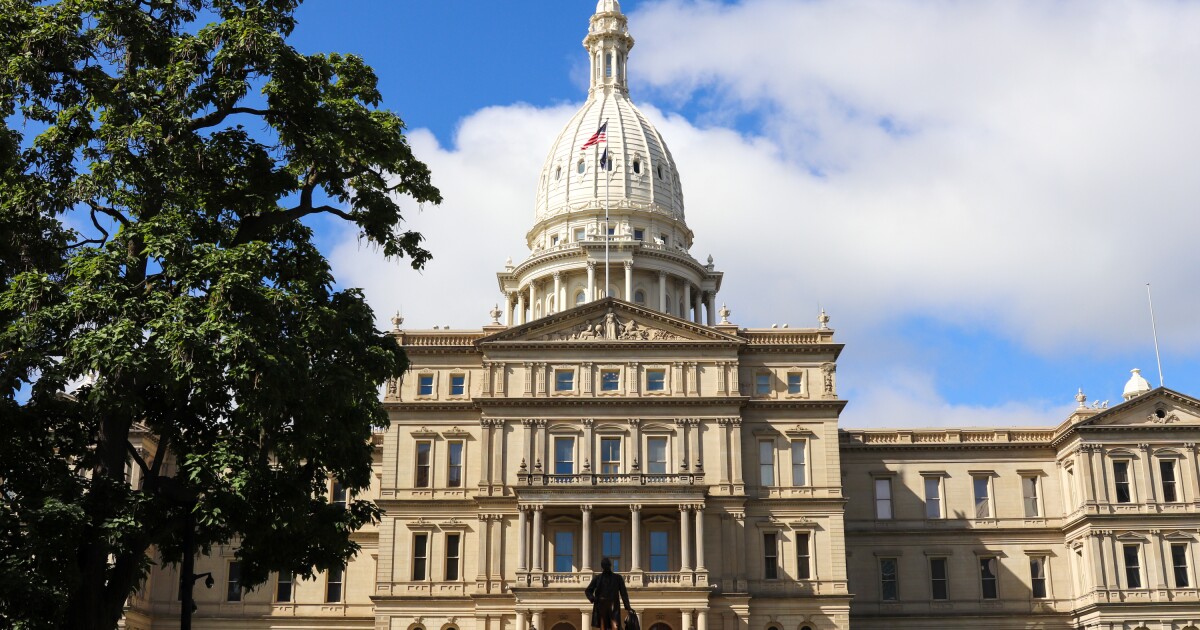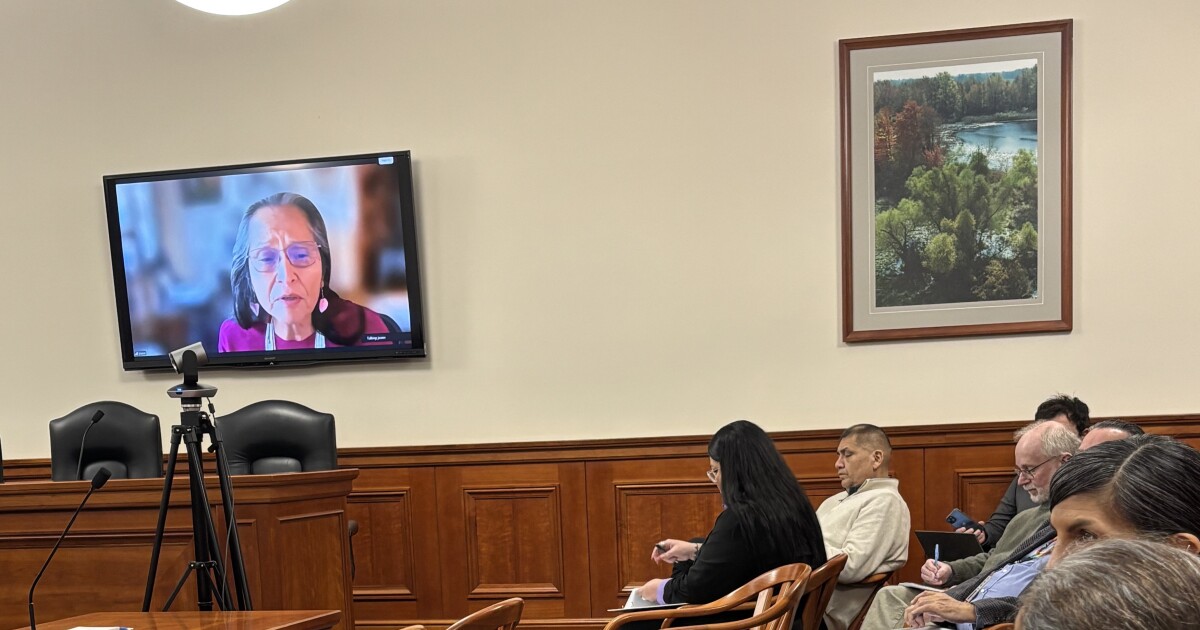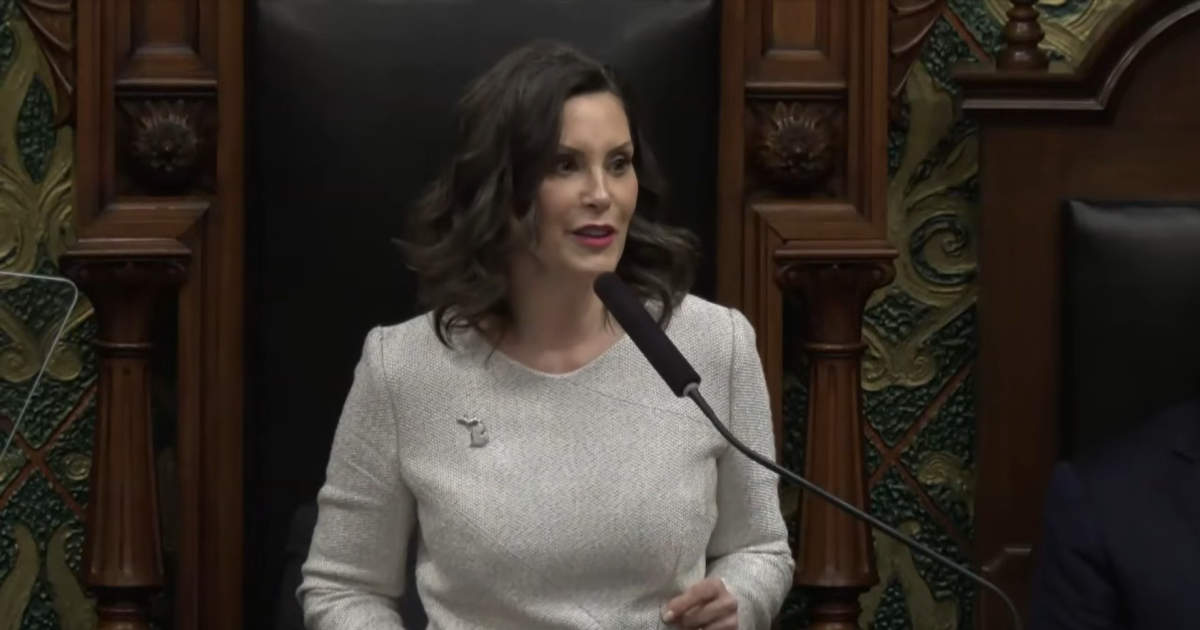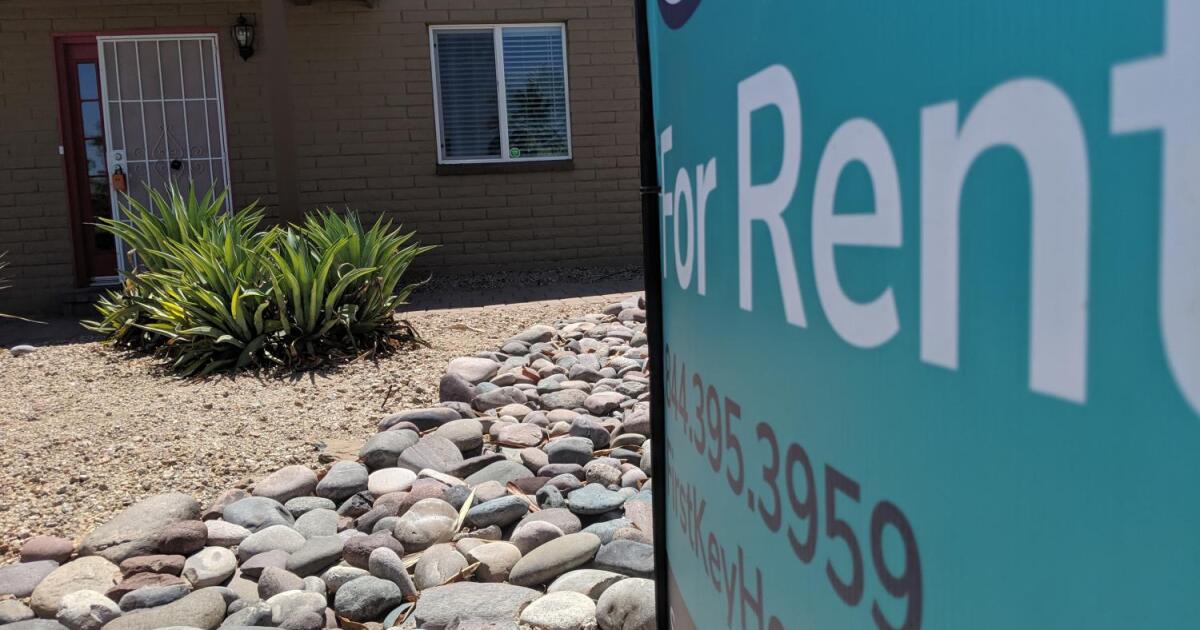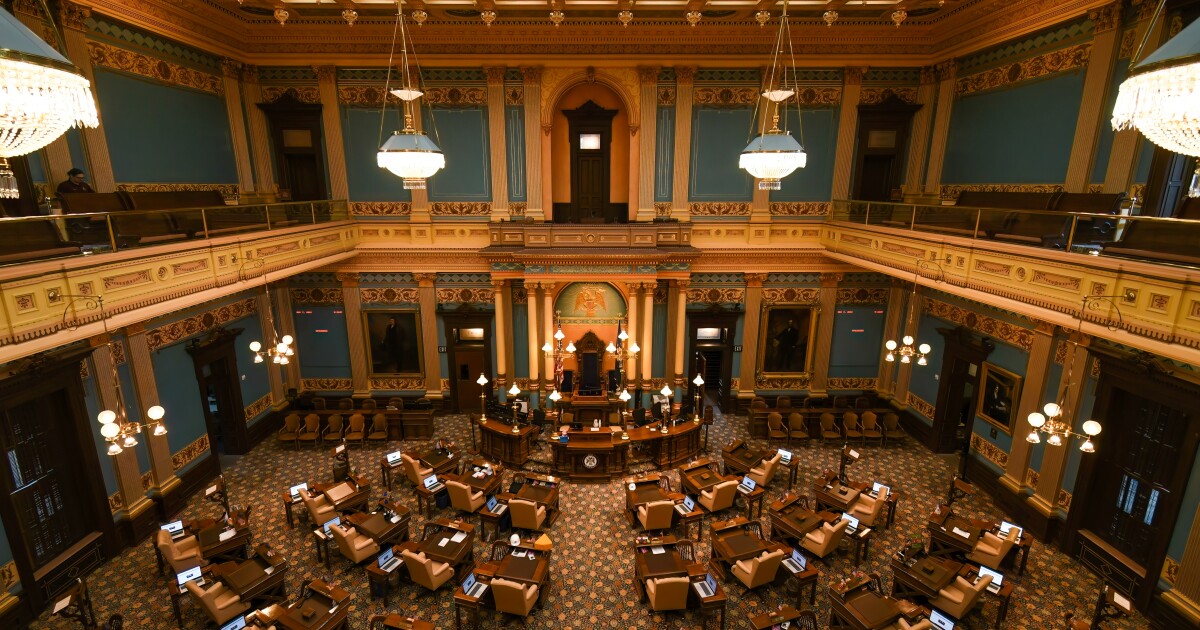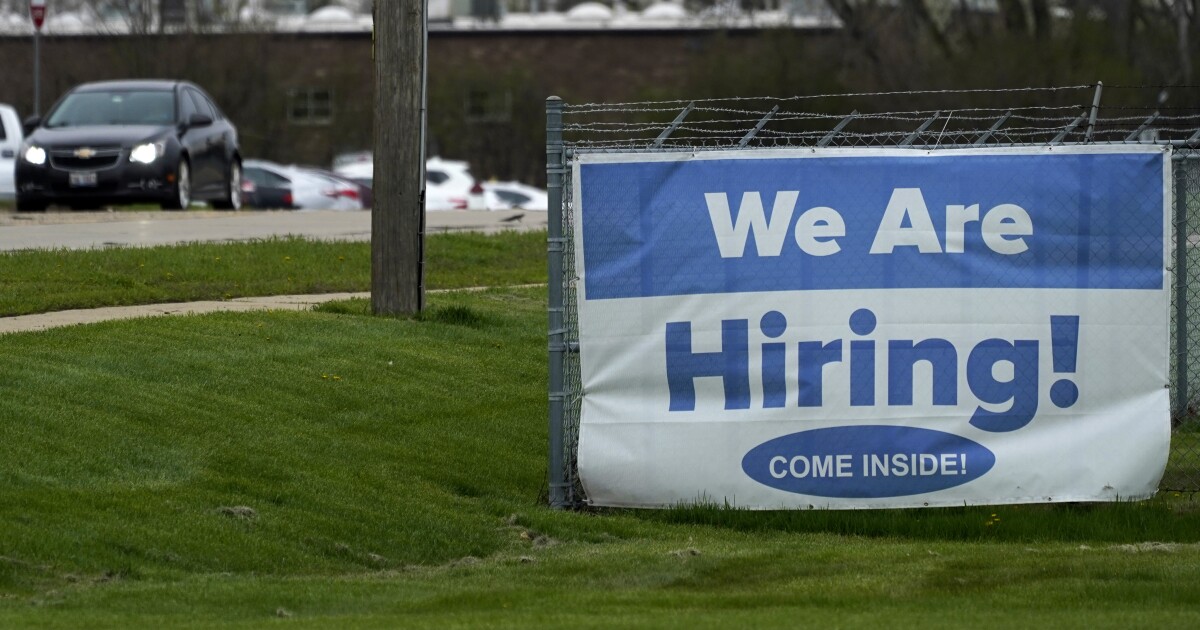The landscape of Arizona’s real estate has undergone a seismic shift since the enactment of a 2016 state law that curtailed local authority over short-term rentals (STRs), commonly facilitated by platforms like Airbnb. This legislative change has sparked a proliferation of STRs, leaving long-standing residents grappling with its consequences.
Upon revisiting these homeowners, it is clear that their challenges persist. Long-time restaurateur Maria Corral, whose family opened Scottsdale’s first Mexican eatery in 1947, acknowledges the dual impact of STRs. “It’s a great thing, especially for downtown Scottsdale. My son has a house close to here that rents out all of the time,” Corral remarked. Despite the business benefits, she notes the profound transformation Scottsdale has undergone, likening it to “the Beverly Hills of Arizona.”
Cheryl Triplett, a local homeowner, decided to leave Scottsdale, citing escalating disturbances and a lack of support from officials. “We would have stayed. Scottsdale has changed so much. There’s more short-term rentals on my street than there are residents. It just seems that Scottsdale caters to the tourists and tourism, and we can’t live like that anymore,” she expressed.
Triplett’s grievances include property damage and incessant noise, compounded by ineffective responses from authorities. “Nothing. I don’t feel the residents have a voice. I never felt like I was represented. Nobody gave us any support,” she lamented.
‘I don’t have loyalty to the neighborhood, and I’ve kind of given up on the police’
Kristie Hudson, another resident, observes a deteriorating neighborhood, exacerbated by ineffective policing. “They know the police aren’t going to do anything if it’s prior to 10 p.m. So the daytime noise has gotten considerably worse,” she noted. Hudson challenges the notion that tourism is the driving force behind the STR boom, arguing, “Scottsdale has always been a tourist destination. Scottsdale never struggled as a tourist destination prior to the Airbnb craze — so why can’t people go back to staying in hotels and resorts?”
Stephanie Nestlerode, who has also struggled to sell her home, feels abandoned. “I tried to sell my house, but no one was interested. Um, so, we’re just staying put for right now, but I mean I don’t have loyalty to the neighborhood, and I’ve kind of given up on the police,” she expressed. She finds the environment unsuitable for raising a family, citing constant disturbances.
Scottsdale hosts approximately 3,600 properties designated for short-term rentals. The city collected $850,000 in licensing fees in 2024, and over $1 million monthly in sales tax from these properties, according to the Scottsdale Progress.
‘They’re being decimated’

Kate Bauer of the Arizona Neighborhood Alliance has been collaborating with local leaders to counteract the 2016 law known as SB 1350, which limits municipal control over STRs. “We’ve actually been working more with mayors from the rural towns of Arizona, and they’re being decimated. Williams, you know, lost their Section 8 HUB housing because so much turned (to) short-term rentals. Jerome has been decimated, Bisbee, Lake Havasu. They’re now trying to put more pressure on state officials,” she explained.
Bauer endorses residents’ rights to earn from their properties, advocating for a new Arizona law that permits homeowners in larger cities to build and rent out additional units on their property. “That would be great. We’d love to see more owner-occupied short-term rentals. The main problem is all of these full-time, for the most part, empty homes,” she stated.
Despite the economic gains, the prevalence of unoccupied properties used for short-term stays continues to fuel community unrest.
—
Read More Arizona News

